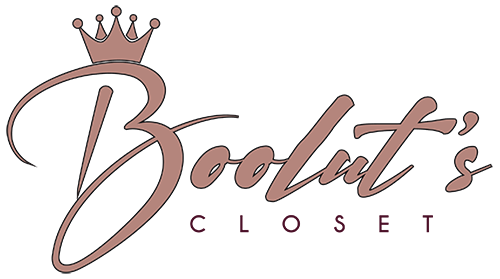
How to Start an Online Business
Starting an online business can be a life-changing venture, providing you with the flexibility and freedom to work from anywhere. Whether you’re looking to launch a blog, an e-shop, or a service-based business, understanding the essential steps is crucial for success. In this article, we will cover everything you need to know to get your online business off the ground, including how to choose your niche, set up your website, market your products or services, and sustain growth. Additionally, explore some engaging aspects of online entertainment, such as how to start an online casino uk Maximum Casino online games, that can complement your business journey.
1. Identifying Your Niche
The first step in starting an online business is deciding what you want to sell or provide. This process begins with identifying your niche. A niche is a specific segment of the market that focuses on a particular interest or need. Consider the following questions:
- What are your passions and interests?
- What skills or expertise do you possess?
- What problems can you solve for others?
Utilizing tools like Google Trends and keyword research can help you identify what customers are looking for. Additionally, assessing the competition in your chosen niche can provide insights into what you can offer that is unique.
2. Creating a Business Plan
After you have identified your niche, it’s essential to create a comprehensive business plan. This plan will serve as a roadmap for your business and should include:
- Your business objectives
- The market analysis
- Marketing and sales strategies
- Financial projections
- Operational structure
A well-thought-out business plan will not only assist you in staying focused on your goals but will also be vital if you seek investment or financing.
3. Setting Up Your Online Presence
Next, you’ll need to create an online presence. This involves setting up a website where customers can find you, as well as your social media accounts for outreach and engagement.
Choosing Your Domain Name
Your domain name is your online identity. It should be memorable, relevant to your business, and preferably a .com domain. Aim to keep it short and sweet.
Building Your Website
You can build your website using platforms like WordPress, Shopify, or Wix, depending on your business model. When designing your website, ensure that it is user-friendly, mobile-responsive, and optimized for search engines (SEO). Include clear navigation, quality content, and calls to action that guide visitors on what to do next.

4. Integrating Payment Methods
If you’re selling products or services, integrating secure payment methods is crucial. Consider using reliable payment gateways like PayPal, Stripe, or Square. It’s essential to prioritize the security of your customer’s financial information by implementing SSL certificates and adhering to best practices for online security.
5. Marketing Your Online Business
Once your website is set up, the next step is to get the word out. Here are some effective marketing strategies:
Search Engine Optimization (SEO)
SEO is the practice of optimizing your website to rank higher in search engine results. By using relevant keywords, creating quality content, and building backlinks, you can drive organic traffic to your site.
Social Media Marketing
Utilize platforms such as Instagram, Facebook, Twitter, and LinkedIn to promote your business. Engaging with your audience through regular posts, stories, and ads can help build brand awareness and drive traffic to your website.
Email Marketing
Gather email addresses from your website visitors by offering valuable content such as free resources or newsletters. Use email marketing campaigns to update subscribers about new products, promotions, and content that can drive them back to your website.
6. Analyzing Your Results
Once you’ve implemented your marketing strategies, it’s crucial to analyze their effectiveness. Use tools like Google Analytics to track visitor behavior on your website while keeping an eye on conversion rates. This data will guide you in refining your strategies, ensuring you are adapting to your audience’s preferences.
7. Adapting and Growing Your Business
The online marketplace is constantly evolving, so it’s important to remain flexible and open to change. Regularly seek feedback from your customers and stay updated on industry trends. Diversifying your product line or improving customer service can have a significant impact on your growth.
Conclusion
Starting an online business requires careful planning and consistent effort. By following these essential steps—from identifying your niche and creating a business plan to marketing and growing your brand—you can set yourself up for success in the digital marketplace. Remember, persistence is key, and don’t hesitate to adapt your strategies as you learn more about your audience and the market. Best of luck in your entrepreneurial journey!


